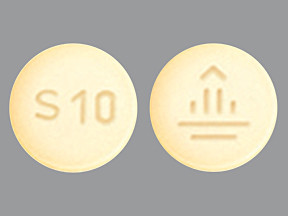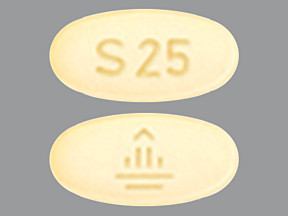EMPAGLIFLOZIN - ORAL
PHONETIC PRONUNCIATION: (EM-pa-gli-FLOE-zin)
COMMON BRAND NAME(S): Jardiance
GENERIC NAME(S): empagliflozin
Uses
USES: Empagliflozin is used with a proper diet and exercise program to control high blood sugar in people with type 2 diabetes. Controlling high blood sugar helps prevent kidney damage, blindness, nerve problems, loss of limbs, and sexual function problems. Empagliflozin is also used in patients with type 2 diabetes and heart disease to lower the risk of death from heart attack or stroke. Empagliflozin works by increasing the removal of sugar by your kidneys.
How to use EMPAGLIFLOZIN - ORAL
HOW TO USE: Read the Patient Information Leaflet if available from your pharmacist before you start taking empagliflozin and each time you get a refill. If you have any questions, ask your doctor or pharmacist. Take this medication by mouth with or without food as directed by your doctor, usually once daily in the morning. The dosage is based on your medical condition and response to treatment. Use this medication regularly to get the most benefit from it. To help you remember, take it at the same time each day. Tell your doctor if your condition does not improve or if it worsens (such as if your blood sugar remains high or increases).
Side Effects
Precautions
Interactions
Overdose
Images
Reviews
Faq for EMPAGLIFLOZIN - ORAL
Empagliflozin is used to treat type 2 diabetes by lowering blood sugar levels.
Empagliflozin works by preventing the kidneys from reabsorbing glucose, which leads to the excretion of excess glucose in the urine.
Common side effects of empagliflozin include urinary tract infections, yeast infections, increased urination, and low blood pressure.
Serious side effects of empagliflozin can include dehydration, ketoacidosis (high levels of ketones in the blood), genital yeast infections, and kidney problems.
No, empagliflozin is only approved for use in people with type 2 diabetes.
Yes, empagliflozin should not be used in people with severe kidney problems, those who are on dialysis, or individuals with a history of hypersensitivity to empagliflozin.
Yes, empagliflozin can lead to weight loss as it promotes the excretion of glucose in the urine, resulting in calorie loss.
Empagliflozin is usually taken once daily in the morning, with or without food. Always follow the instructions provided by your healthcare provider.
No, empagliflozin is not a substitute for insulin. It is generally prescribed alongside other diabetes medications or insulin therapy for better blood sugar control.
Disclaimer
IMPORTANT: HOW TO USE THIS INFORMATION: This is a summary and does NOT have all possible information about this product. This information does not assure that this product is safe, effective, or appropriate for you. This information is not individual medical advice and does not substitute for the advice of your health care professional. Always ask your health care professional for complete information about this product and your specific health needs.


No Reviews Yet